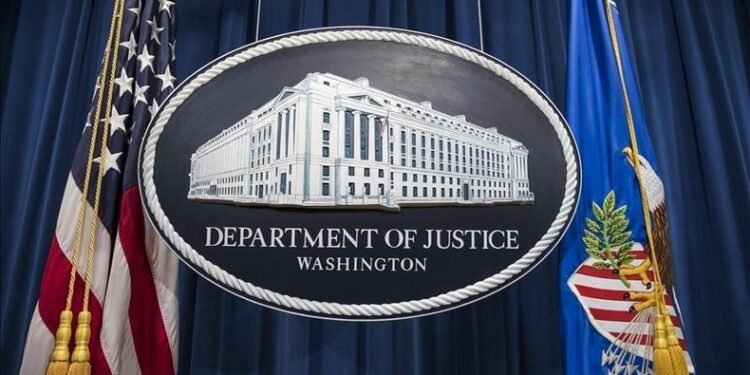The Kleptocracy Asset Recovery Initiative, instrumental in cases like the 1MDB scandal, and recovery of the multibillion-dollar loot traced to ex-Nigerian leader, Gen Sani Abacha was quietly shut down under Attorney General Pam Bondi’s directive.
A memo obtained by Reuters states that resources will be redirected toward fighting drug cartels and international gangs.
“This policy requires a fundamental change in mindset and approach,” Bondi wrote in the directive.
The decision has sparked concerns over weakened global anti-corruption efforts and the enforcement of financial crime laws.
Notable fraud cases investigated by the team
Launched in 2010 by the U.S. Department of Justice, the Kleptocracy Asset Recovery Initiative aimed to combat large-scale foreign corruption and restore stolen public funds for their rightful use.
The DOJ task force was instrumental in investigating multi-billion-dollar fraud in Africa while also targeting Russian oligarchs linked to President Vladimir Putin.
It prosecuted figures like Oleg Deripaska and Konstantin Malofeyev for sanctions violations and seized assets, including yachts.
The DOJ and FBI traced billions laundered through U.S. financial systems by Abacha, his son Mohammed Sani Abacha, and associate Abubakar Atiku Bagudu.
In 2022, the U.S. forfeited $23 million in Abacha-linked assets, bringing total recoveries to $334.7 million. These funds were repatriated to Nigeria through an agreement signed in Abuja by U.S. Ambassador Mary Beth Leonard and Nigerian officials.
The Kleptocracy Asset Recovery Initiative also played a key role in prosecuting corruption in Nigeria’s oil sector, particularly the case involving ex-Petroleum Minister Diezani Alison-Madueke.
From 2011 to 2015, Nigerian businessmen Kolawole Akanni Aluko and Olajide Omokore allegedly paid bribes to Alison-Madueke in exchange for lucrative oil contracts.
Over $100 million in illicit proceeds were laundered through the U.S. to acquire luxury assets, including real estate in California and New York and the Galactica Star superyacht. In 2024, the U.S. agreed to transfer $52.88 million in forfeited assets to Nigeria.
Cases investigated by the task force will likely continue, according to Andrew Adams, the former task force leader
According to the directive, the changes will be effective for a minimum of 90 days, with the possibility of extension or permanent implementation.
Meanwhile, prosecutors assigned to the task force will revert to their original positions.
“Are we going to suddenly see a surge of sanctioned oligarch wealth flood into the United States? I don’t think so,” What you will see is a sharp decline in the pace of charges that target facilitators that are specific to Russia.” He told Reuters
The DOJ’s strength lay in prosecuting financial crimes involving the U.S. financial system.
Its disbandment raises concerns about emboldening corrupt leaders and facilitating illicit fund movements, which had faced heightened U.S. scrutiny in recent years.










